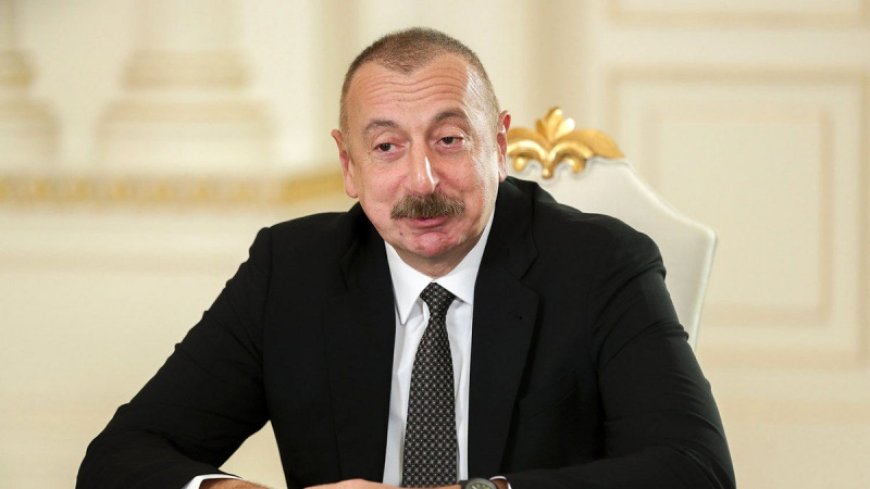Aliyev once again admits that he is forcing the Armenian authorities to make unilateral concessions
There were some noteworthy emphases in Aliyev's New Year's address. Azerbaijan scholar Tatevik Hayrapetyan wrote about this.

"As was predictable, Aliyev devoted part of his speech to making new threats to Armenia, as well as recalling old ones. Speaking about the achievements of the past year, he noted: "This year, we returned four villages of the Ghazakh region without a single shot, through a political path. But it is also true that if the events that have occurred in Azerbaijan-Armenia relations over the past four years had not happened, Armenia, of course, would never have returned these villages to us voluntarily.
They did it under duress. They did it, realizing our political and military power, and I hope that from now on, Armenia, conducting its policy, will continue to take into account the new realities created in the South Caucasus and at the same time in the world. We have created new realities in the South Caucasus. The Patriotic War created these realities. The restoration of our state sovereignty further strengthened these realities, and we reaffirmed the new realities we created in the South Caucasus at the diplomatic, international and political levels. The whole world has accepted the new realities..."
With these words, Aliyev actually once again admits that he forces the Armenian authorities to make unilateral concessions exclusively through the policy of force and the threat of force. While the authorities are trying to package these concessions with the formulations of “demarcated Kirants” and “fateful process”, for Aliyev it is an issue resolved by the threat of force.
It is no coincidence that the use of force and the threat of force are considered almost equal dangers and are placed side by side. Now Aliyev has mastered this technique very well, moreover, he is proud of it, considers it an achievement, while it completely contradicts the whole essence of the discussion about political and diplomatic relations and peace in general...” he wrote.
Under the influence of victory and glory, people in Baku sometimes lose their sense of adequacy, which cannot go unpunished by the main actors. Tigran Abrahamyan, secretary of the NA "I Have Honor" faction, wrote about this on his Facebook page.
"The noise surrounding the crash of an Azerbaijani civilian plane in Russian airspace is not only not fading in Azerbaijan, but is being artificially heated up."
Although some Russian circles view this anti-Russian wave as an implementation of the West's anti-Russian efforts, citing visits to Azerbaijan by the heads of American and British intelligence services, it is not ruled out that this is simply the result of the Aliyev family's unfounded ambitions.
Politically, especially in recent decades, Azerbaijan's great desire to get closer to Russia, to flirt with it in places, had two main goals: to gain balance in the event of a conflict with Armenia, and after 2020, silence or loyalty in operations against Artsakh.
Azerbaijan took advantage of the turbulent foreign policy situation and the short-sighted political course of the Armenian government, made the most of its relations with Russia, and now the Azerbaijani elite believes that their country can afford to demonstrate political ambitions befitting a "regional state" and "take a bite" of geopolitical actors.
This is expressed not only in relations with Russia, but also with the EU and the US. Under the influence of victory and glory, people in Baku sometimes lose their sense of adequacy, which cannot go unpunished by the main actors.
"And there is no government in Armenia that acts in line with the situation. Even in such situations, they are at the mercy of Turkish-Azerbaijani whims," he wrote.













































